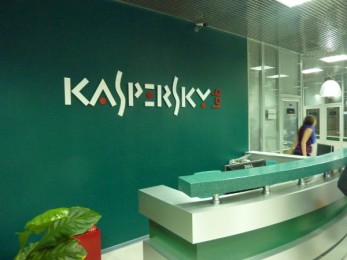 Infinigate has appointed Catherine Oudot as its new managing director of Infinigate France.
Infinigate has appointed Catherine Oudot as its new managing director of Infinigate France.
Oudot spend five and a half years working for cybersecurity and anti-virus provider Kaspersky building its French channel business.
In her new role, Oudot will use Infinigate’s recent acquisitions and ensure the development of its cloud solutions.
She said: “I am delighted to help our partners take advantage of the opportunities offered by a dynamic French market, supported by the strong potential of Infinigate, so that they support their customers in the digital transformation process.”
“We have a unique and innovative offer thanks to our highly specialised services and our expertise in the field of cybersecurity. I look forward to uniting the team and showing the leadership that will allow it to express its full potential.
Infinigate Group president for Europe Andreas Bechtold said: “The French market represents an extraordinary development opportunity for Infinigate.
“Oudot will take over the management of our French team to take advantage of the growth prospects available to us and our partners. Her expertise, experience, energy and determination are invaluable assets in carrying out this mission.”











